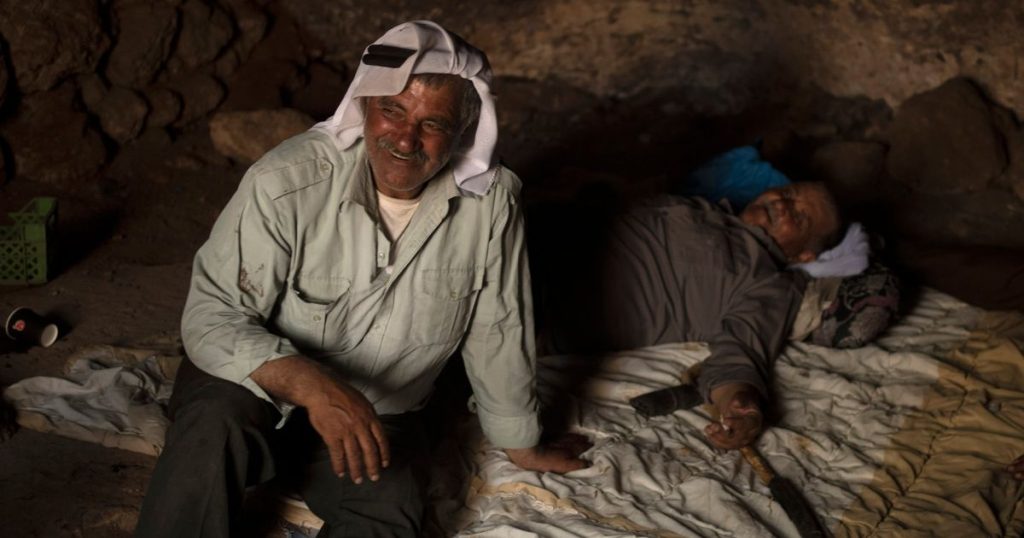The villagers of Khirbet Zanuta, a small West Bank community, were forced to flee their village due to threats and violence from Israeli settlers. After receiving a rare endorsement of their land rights from Israel’s highest court, some residents have returned, only to find their homes destroyed and their belongings gone. The village is in disarray, with only about 40% of former residents choosing to return so far. Those who have come back are determined to rebuild and stay, despite facing intimidation from settlers and legal restrictions on new construction.
The villagers reported receiving explicit death threats from Israeli settlers residing in an unauthorized outpost, which led to their decision to flee the village for their safety. Settler violence has been on the rise in the region, especially following the attack by Hamas that sparked the war in Gaza. While the displaced residents of Khirbet Zanuta have been granted permission to return by the court, they continue to face threats and harassment from settlers trying to intimidate them. The situation remains precarious as they try to rebuild their lives in the village.
The ongoing surveillance and intimidation by settlers pose a significant challenge to the returning residents of Khirbet Zanuta. The settlers have been known to take photographs of residents and roam around the village while Israeli police look on. This continued presence and harassment create a sense of insecurity for the villagers, who are trying to rebuild their homes and lives in the face of adversity. The villagers are determined to stay in their land and resist further displacement, despite the obstacles they face.
Hashomer Yosh, a government-funded group that sends volunteers to work on West Bank farms, both legal and illegal, has been implicated in preventing the returning residents of Khirbet Zanuta from reclaiming their village. The group has reportedly fenced off the village to prevent residents from returning, further exacerbating the challenges faced by the villagers. The situation highlights the limitations of international sanctions in curbing settler violence in the West Bank and protecting Palestinian communities from displacement and harassment.
The legal rights granted to the residents of Khirbet Zanuta, while significant, come with limitations. The court ruling allowing them to return prohibits new construction in the village due to its designation as an archaeological zone. This restriction puts the residents at risk of demolition if they attempt to build new structures to replace those destroyed by settlers. Despite these challenges, the villagers are committed to repairing and renovating their homes, clinic, and school, to ensure they can continue to live in the village and resist further displacement.
The story of Khirbet Zanuta serves as a troubling example of the ongoing violence and harassment faced by Palestinian communities in the West Bank at the hands of Israeli settlers. The villagers’ determination to rebuild and stay in their homes despite the challenges they face is a testament to their resilience and their commitment to their land. The international community’s response to the situation, particularly in terms of addressing settler violence and protecting Palestinian rights, remains a key issue in resolving the longstanding conflict in the region.


